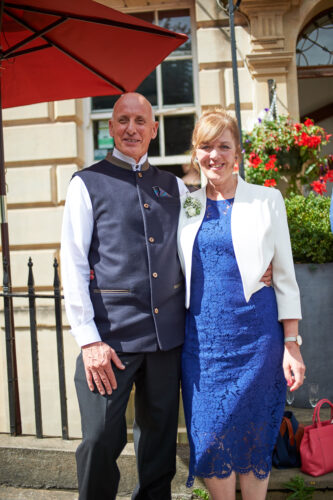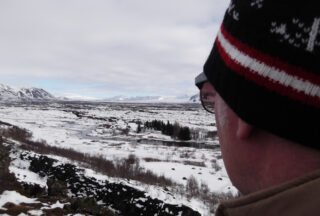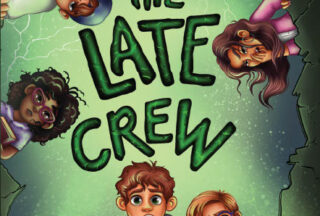I am looking after my wife who suffers from progressive supranuclear palsy (PSP), which is a rapid life-limiting illness which has affected my wife physically but not mentally. It took nearly four years to get this diagnosis.
We are both in our 60s and I have been caring for my wife for two and a half years. It is difficult to hear from a consultant that the person you love and cherish has a limited time on the planet and there is no treatment apart from palliative care. It hits you in the pit of your stomach very hard.
Caring for my wife is a full-time job. It can be rewarding, but it has other factors involved in that – looking after someone who is a person that you love and who has been a close companion for fifteen years, watching them disappear, there is a grieving process going on.
It’s something you need to deal with on your own. The medical professionals do a wonderful job but then they leave and you’re on your own caring for that person.
I do everything for her. My wife’s children have young children now and she’s missing out on lots, watching them grow and develop, being unable to babysit etc is painful for my wife to accept. Friends and family can disappear as they cannot cope with the situation that confronts them – another loss.
I think your perspective on being a carer depends on when the illness occurred. I’m in my early 60s. If you’re in your 80s you have a different perspective. My wife’s illness has shown me the importance of not putting things off until another day – that day may never come. You don’t know what’s around the corner and when I get a chance and it’s appropriate I tell people – live your life now. We are fortunate that we did a lot of things together before the diagnosis hit and we didn’t wait until we were retired.
Some days I feel like I’m coping and other days I feel like I’ve had enough. It builds up, you fall then have to pick yourself up and carry on.
Yesterday all I was doing was trying to speak to different health professionals to see if I could get my wife in for a pre-op assessment and working out if we can do that and the logistics of getting her to the hospital. The admin side of things is huge – benefits, wills, power of attorney, the wishes of what the person you’re looking after wants at their funeral, and the list goes on.
You have to be really proactive, and that’s hard work when you’re trying to care for someone. You can’t just sit there and think, oh crikey. Nothing lands in your lap and you have to get things put in place relatively quickly and make a raft of decisions for that person as well as caring.
You also need to realise that you are just as important in this situation and get help if you’re struggling. I approached the local hospice and have received counselling from them which has helped tremendously.
You need to be thinking about in the future PEG tubes and permanent catheters being put in and then the management of them and so on. The PIP form ended up being a total of 70 pages, which I needed to complete within three weeks and then it took nine months for them to get back to me.
The Parkinson’s Society have helped me so much with things like this. They also signposted me to lots of other things – in the early days I would have sunk without them. Listen to other carers and the people they are looking after, from one chat with a couple at a support group we asked the GP to refer my wife to the local hospice who have been a great support. I’ve been to carer cafes and they’ve been helpful but most of the people there are older and looking after someone with dementia – my situation is quite different.
I get 4-5 hours of respite care provided for my wife a week – this was from a referral from Carer Support Wiltshire and obtained through Wiltshire Council. I now have that time for myself. But it’s so easy to lose your identity as a carer because caring becomes everything and it could end up defining you as a person.
You need to try and step back, remember who you are as person so that you can move forward when the time comes in the future. Do your best – we don’t always get it right – and have no regrets in the future. The spark that drew my wife and I together is still there deep down; don’t lose it and above all laugh together when you can.





